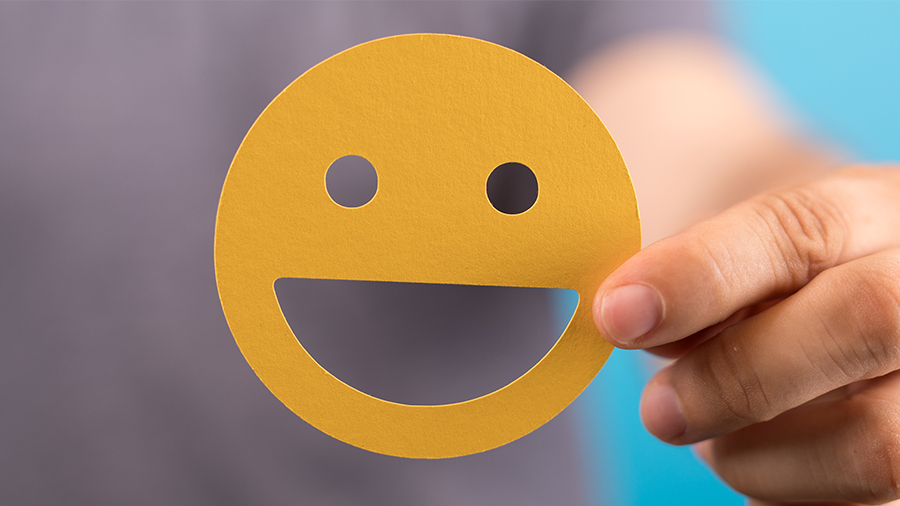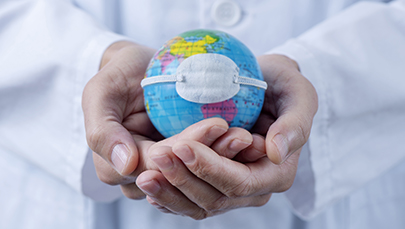The science of happiness

Written and edited by Nida Fatima, MD and Jakob Bower.
Happiness is a state of mind in which a person is content with their life or current situation. With increasing pressures stemming from work, home, and a rapidly changing world, it sometimes seems hard to feel anything but stressed.
Busy lives keep people away from their family and friends for extended periods; finances are a constant concern; and human-to-human direct interaction is greatly reduced. Understanding that these things may be reducing our happiness, what steps can we take to gain happiness back?
Our happiness starts in our own brain and mind. Mindfulness has a significant impact on the wiring of the brain itself. Holzel et al showed measurable change in grey matter concentration in the hippocampus in a participant who took a mindfulness-based stress reduction program for eight weeks. Finding happiness could help improve your brain and vice versa.
Caring, and its cousin compassion, are remarkably associated with individual happiness. The more we care for the happiness of others, the more sense of well-being we develop. You can find evidence of this in the practice of encouraging others: it can be an effective way to create positive emotions and deepen relationships. In this unpeaceful world, we need to cultivate a culture of emotions and humanity.
The happiness we experience is inseparable from the happiness we create for others. Education and happiness are interconnected. Our education system should be redesigned in a way that students learn the qualities of care. Producing happier, more caring students could have a profound impact on the happiness of adults to come.
In the event of difficulties, it’s important to maintain a good character and look for positivity. It’s equally important to have peace of mind and happiness in all circumstances. Individuals who focus on gratitude report more positive emotions, a greater sense of belonging, and a lower incidence of depression and stress.
Developing a work-life balance could be an important step for some looking to achieve greater long-term happiness, so that it feels every second of your life is being well used.
In short, happiness is free of cost and could dramatically improve your quality of life, so why not try giving yourself and others some.



